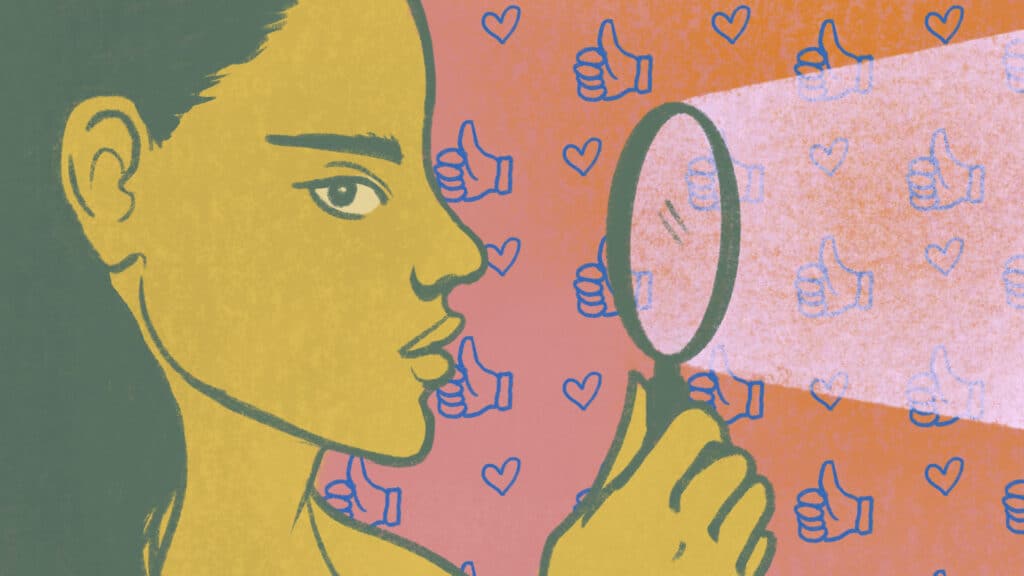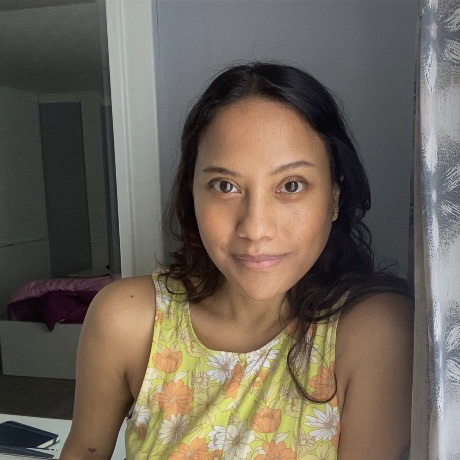Digital Minimalism
Choosing a Focused Life in a Noisy World: A book by Cal Newport

The situation
I am always a little surprised when I find out that people I talk to don't know about Digital Minimalism. Everyone has heard about The 48 Laws of Power or The 4-Hour Work Week, but Digital Minimalism — despite it encapsulating what I feel to be a growing sentiment among increasingly anxious Millennnials — seems to continue to fly somewhat under the radar, at least when it comes to people I know. Given that nearly everyone I talk to has conflicting feelings about their use of social media, it is remarkable.
When I read it, sometime during mid-quarantine, it was a necessary book. I read it shortly after I read Mastery, and I was struck by similarities between the two — indeed, there was one particular point which I will expand upon shortly — something that all three books that I've reported on thus far share.
It was necessary because, not seeing any predictable end to the pandemic in sight, I was relying increasingly on social media for my interactions. I was lucky enough to live in the same building as some friends, yes, but I could only hang onto them so much. And anyone who's lived in close quarters with another person knows that tempers can occasionally fray (I'm not surprised at the recent spike in divorces thanks to this situation). So, as I hunted for human connection, I posted on Instagram and Facebook, with growing frequency. But it wasn't working. I realized that I felt more and more anxious. Something was wrong.
The book
Mr Newport is quite purposeful in defining the philosophy behind "digital minimalism", which is great for a philosophy-driven blog like this one. The book is divided into two parts. The first part is spent expanding upon digital minimalism, which is stated thus:
Digital Minimalism
A philosophy of technology use in which you focus your online time on a small number of carefully selected and optimized activities that strongly support things you value, and then happily miss out on everything else.
CAL NEWPORT, DIGITAL MINIMALISM
The second part has a step-by-step guide, a 30-day detox program that the reader can participate in while discovering other things to with their newly freed time.
In fact, discovering other things to do is an essential part of the second part of this book.
If you begin decluttering the low-value digital distractions from your life before you’ve convincingly filled in the void they were helping you ignore, the experience will be unnecessarily unpleasant at best and a massive failure at worse. The most successful digital minimalists, therefore, tend to start their conversion by renovating what they do with their free time—cultivating high-quality leisure before culling the worst of their digital habits.
Cal Newport, Digital Minimalism
And this brings me to the link that I found between Eat That Frog, Mastery, and Digital Minimalism: all three books emphasized using or working with your hands in some way. In Eat That Frog, Brian Tracy tells us to write down our list of goals with our hands, using a piece of paper, so that they are tangible. In Mastery, Robert Greene tells us that "the human brain evolved in intimate conjunction with the hand":
Many of our earliest survival skills depended on elaborate hand-eye coordination. To this day, a large portion of our brain is devoted to this relationship. When we work with our hands and build something, we learn how to sequence our actions and how to organize our thoughts. In taking anything apart in order to fix it, we learn problem-solving skills that have wider applications.
Robert Greene, Mastery
Similarly, Digital Minimalism tells us that there is a definitive characteristic of what it terms "high-quality leisure": working with your hands.
When you use craft to leave the virtual world of the screen and instead begin to work in more complex ways with the physical world around you, you’re living truer to your primal potential. Craft makes us human, and in doing so, it can provide deep satisfactions that are hard to replicate in other (dare I say) less hands-on activities.
Cal Newport, Digital Minimalism
I am a craftsman, I draw things with my hands. I have accessed deep, absorbing focus when I used my hands to draw. A musician may find that same focus when they play their instrument. A mechanic might find similar joy in tinkering around with a car. And a carpenter will find that they have made not only a table or chair tangible, but discovered in themselves an authentic satisfaction from the activity that is present even after posting a picture on Instagram.
In writing the second part of this book, Newport has emphasized the importance of finding this particular peace and using it as a powerful antidote to the encroaching, noisy clutches of social media. You're not imagining the lack of control you feel when you interact with Facebook: it's intentional.
A large part of the answer about how this happened is that many of these new tools are not nearly as innocent as they might first seem. People don’t succumb to screens because they’re lazy, but instead because billions of dollars have been invested to make this outcome inevitable.
Cal Newport, Digital Minimalism
If there was one core idea or point you could take away from the book, what would it be?
Do stuff in the real world, with your hands. Turn off your notifications. It's not willpower, it's redirection.
What are some issues that could be present?
There is an important reason as to why Mr Newport spends so much time expanding on the philosophy behind digital minimalism, and it's because the second part of the book may not "stick" without understanding why this happened and what it's doing to your brain. Since Twitter, Facebook and Instagram have a vested interest in monopolizing your attention and time, their tactics will continue to evolve, and unless you are able to identify and put a stop to their bids for your attention, you could end up getting sucked right back in.
A common rebuttal to downsizing social media is that it's "useful" for your career. However, the usefulness, when examined closely, is often minor, especially when the user isn't being intentional about their time:
Digital minimalists are also adept at stripping away superfluous features of new technologies to allow them to access functions that matter while avoiding unnecessary distraction. Carina, for example, is on the executive council of a student organization that uses a Facebook group to coordinate its activities. To prevent this service from exploiting her attention every time she logs on for council business, she reduced her set of friends down to only the fourteen other people on the executive council and then unfollowed them. This preserves her ability to coordinate on the Facebook group while at the same time keeping her newsfeed empty.
Cal Newport, Digital Minimalism
I also have a little pet philosophy which has more to do with being able to lose touch with people in your life. We're only supposed to "know" around 150 people — a number which can balloon in a time when one can maintain a tenuous social connection long after the face-to-face interaction has ended. Seriously, that girl in the bar may have been really cool, but you're never gonna see her again, right? We need to be able to let people go.
Final Thoughts
Since reading this book, I've deleted my Facebook profile and my personal Twitter account, and re-tooled my personal Instagram to include only my illustrations, as opposed to snapshots of my personal life. I've chosen to share my life here, on this blog, and in ways that are under my control. I don't doomscroll anymore, but I'm still up-to-date on the news, because I make a point to do so without being at the mercy of a hysterical Facebook feed. I know that "trigger" is, er, a triggering word, but we should take it seriously: social media makes use of these triggers to capture your attention and to make it seem as though being a part of their program is necessary. However, you won't understand why it's unnecessary until you take the time to understand how valuable that attention and time truly is. How do you want to spend your life? What are the things you want to do with the time that you have?

Hi! I'm Piya. I'm a freelance creative starting a new career, and I want to help you start yours, too.